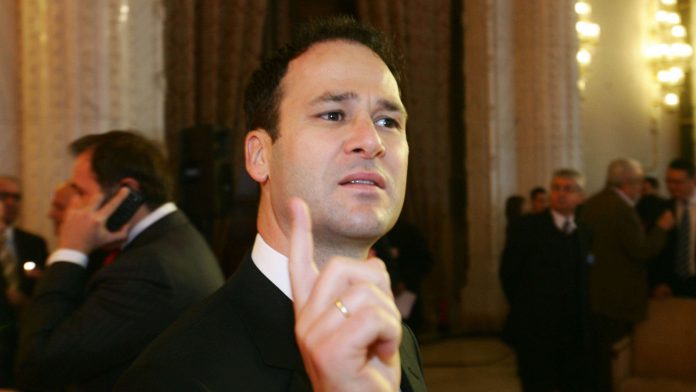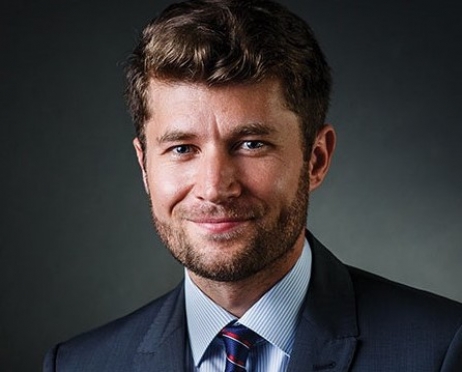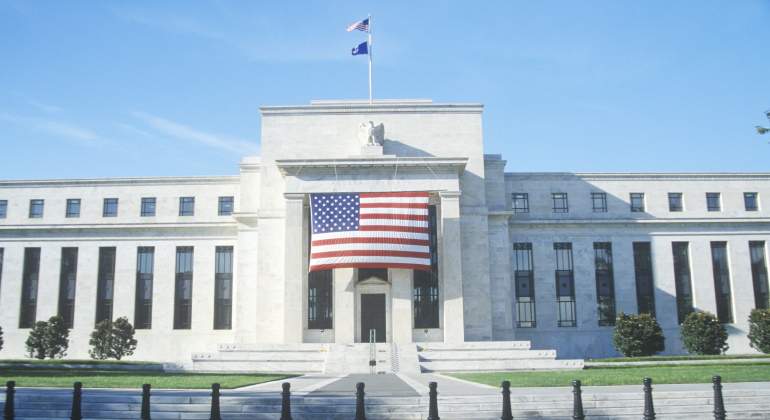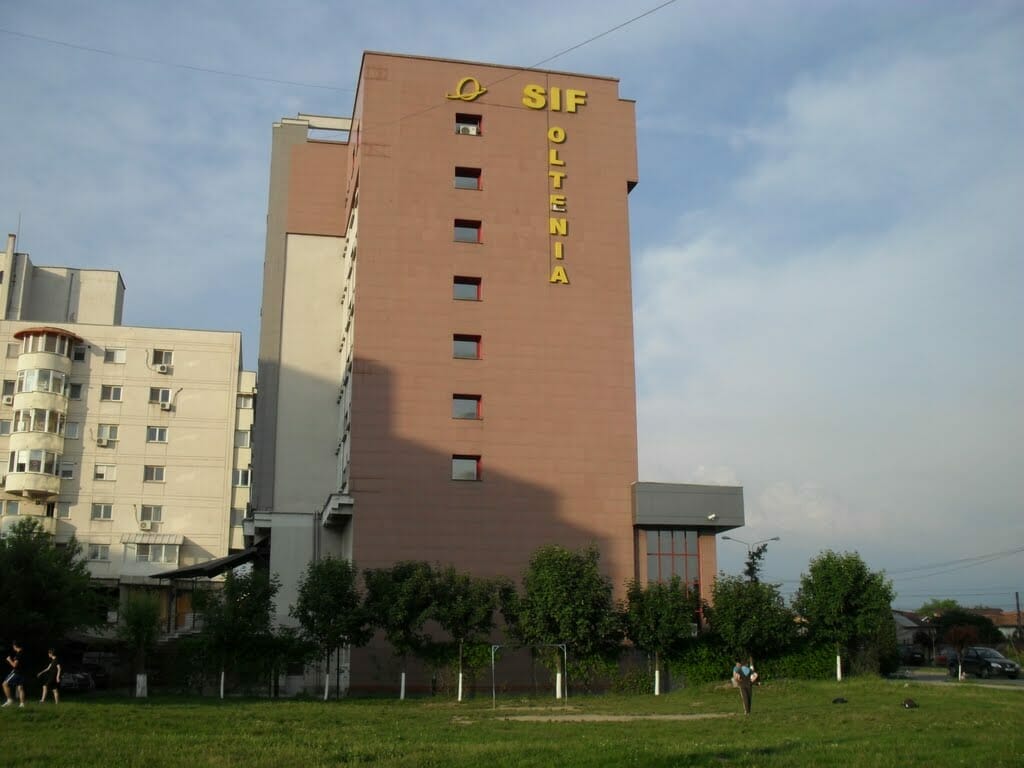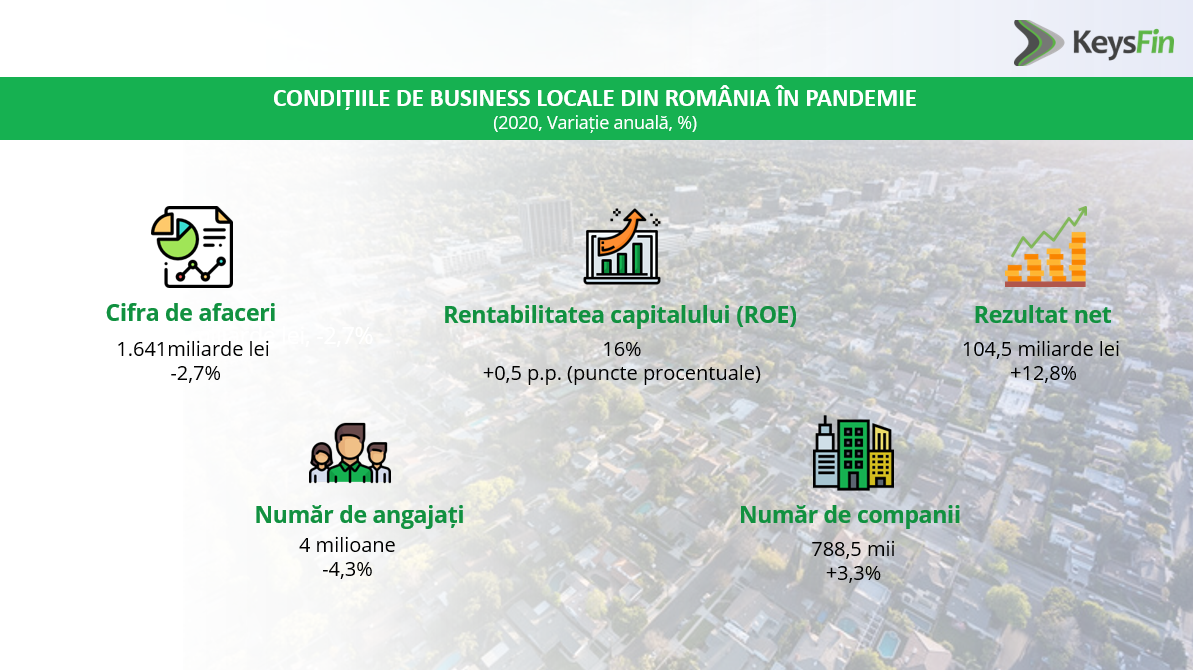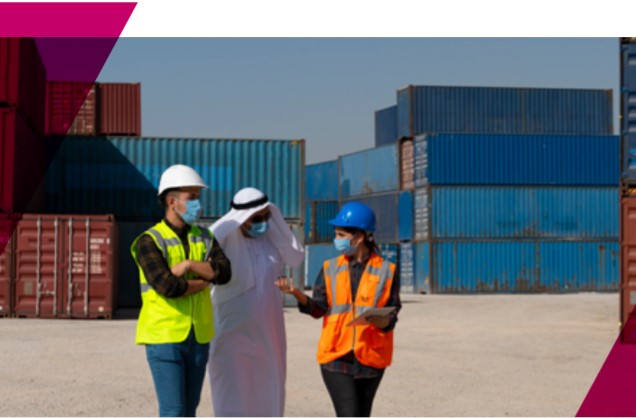Reporter Sfin: 2023 a început deja, așadar am dat și noi startul, așa cum v-am obișnuit de un an și jumătate, interviurilor organizate de Săptămâna Financiară.
În urma intrării eșuate a României în spațiul Schengen și a boicotului anunțat împotriva companiilor austriece, BCR contracarează prin “nobila” companie de marketing “Noi susținem economia românească.”
Toate bune și frumoase până aici – dar eu am o singură întrebare:
Oare chiar suntem martorii unui miracol de Crăciun/Anul Nou?
Se pare că am primit pentru prima dată în istorie ceva gratis, dar nu ne-a anunțat nimeni – până acum, când dlui Ionuț Stanimir – Director al Departamentelor de Marketing & Comunicare în cadrul BCR, i s-a făcut milă de noi și a decis că este momentul să ne “lumineze” cu faptele bune făcute de BCR, României.
Citeste mai mult pe sfin.ro

